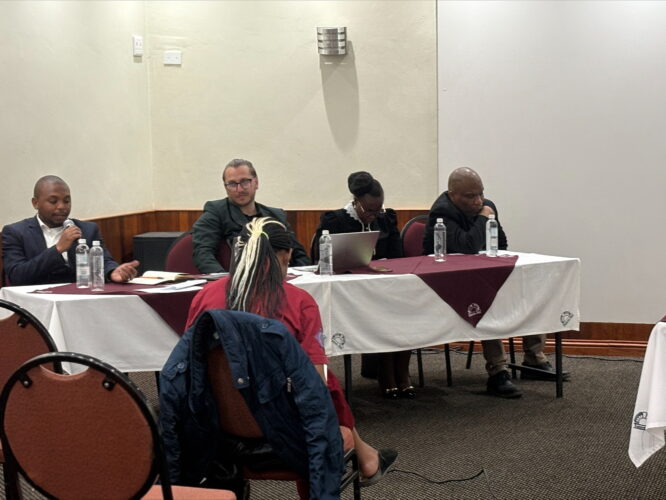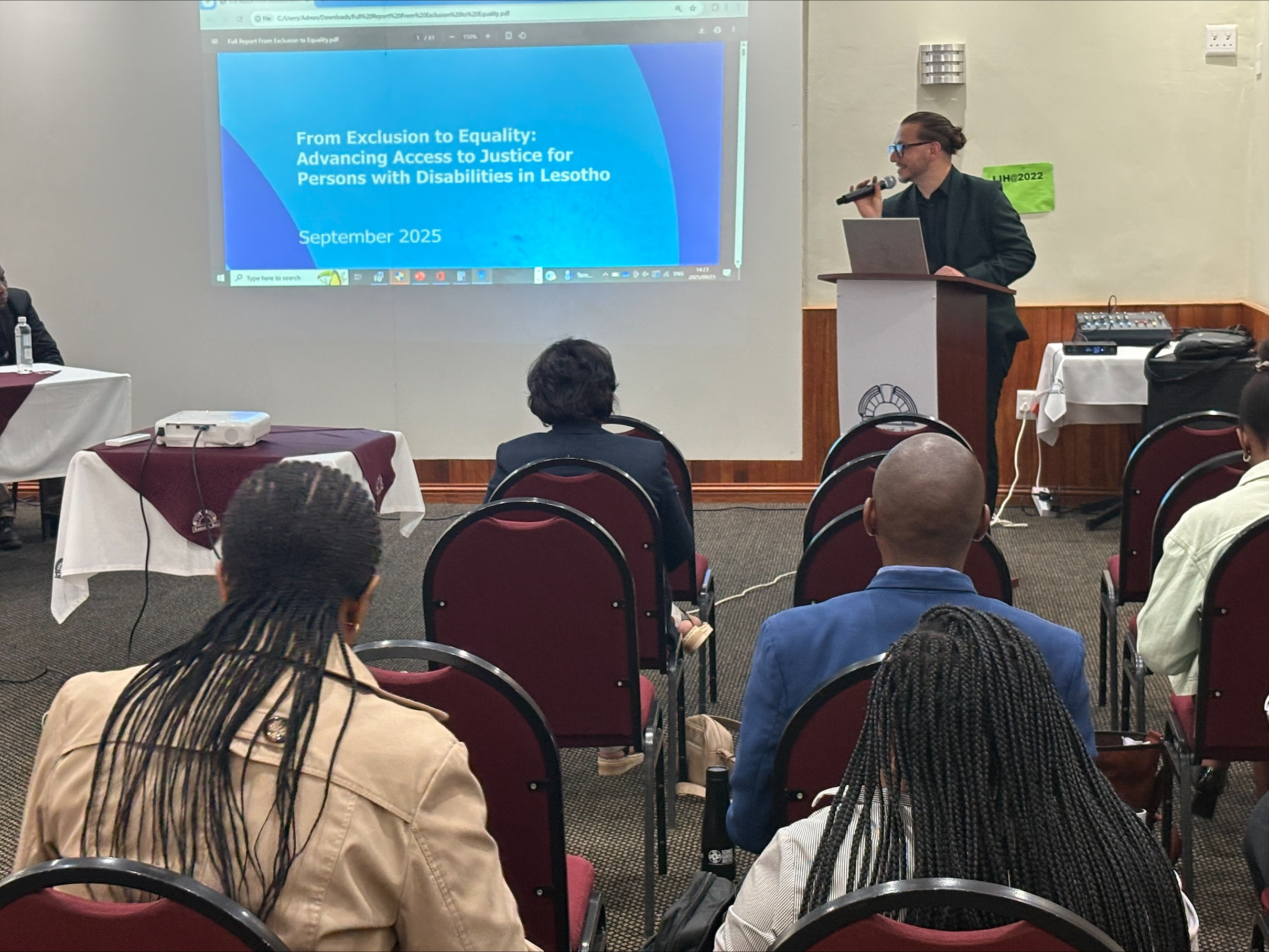The International Commission of Jurists (ICJ) today launched a new report titled “From Exclusion to Equality: Advancing Access to Justice for Persons with Disabilities in Lesotho,” showing that while the Lesotho authorities have made substantial strides towards securing access to justice for persons with disabilities, a great deal more must be done to fulfil their commitments and obligations.
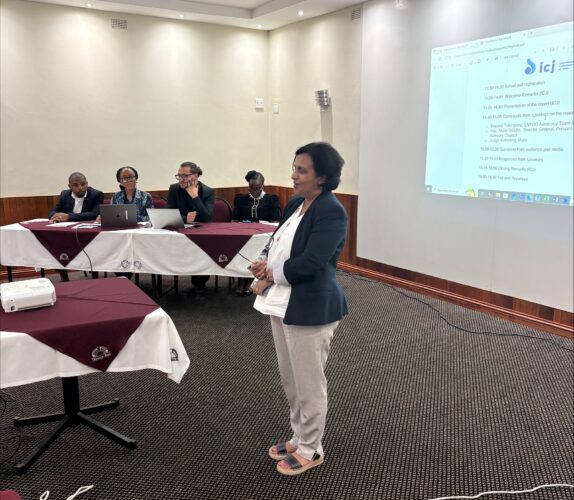
“As things stand, Lesotho’s laws contain discriminatory provisions that unjustly serve to deny people with intellectual or psychosocial disabilities their rights to participate fully in criminal proceedings.” said Kaajal, Ramjathan-Keogh, Director of the ICJ’s Africa Programme.
“The upshot is that Courts can declare such persons ‘insane’ or mentally incapacitated, leading to forced detention or institutionalization, often for prolonged or indefinite periods of time, which can be devastating for the persons affected”.
The report, which examines the processes behind major legal reforms regarding access to justice for persons with disabilities, recognizes the notable progress made by Lesotho. Key milestones include:
- the landmark Koali Moshoeshoe judgment, which established that laws deeming persons with disabilities incompetent to participate in legal proceedings as witnesses solely on the basis of their disability are unconstitutional;
- the enactment of the 2021 Disability Equity Act, including a provision specifically on advancing access to justice for persons with disabilities; and
- the 2023 Disability and Equity (Procedure) Rules, issued by the Chief Justice, which provide instructions to justice actors in respect of ensuring equal access to justice for persons with disabilities.
“Despite this progress, Lesotho authorities have missed an opportunity to repeal or reform all of the discriminatory legal provisions when elaborating the Disability Act and the Procedure Rules. These omissions must now be corrected by taking new initiatives,” added Ramjathan-Keogh.
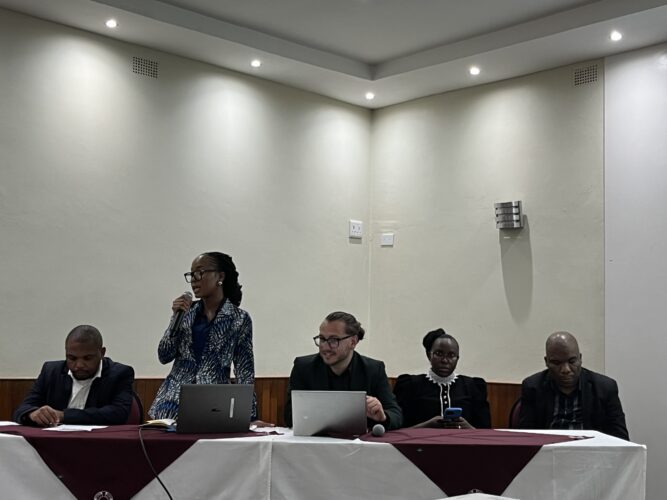
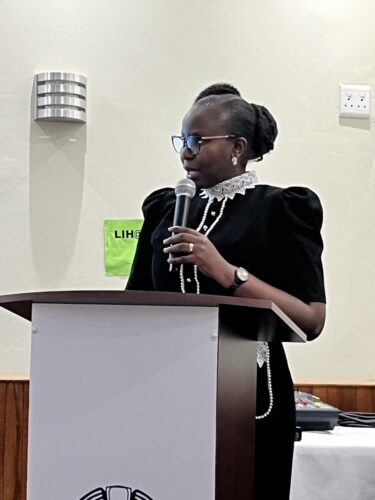
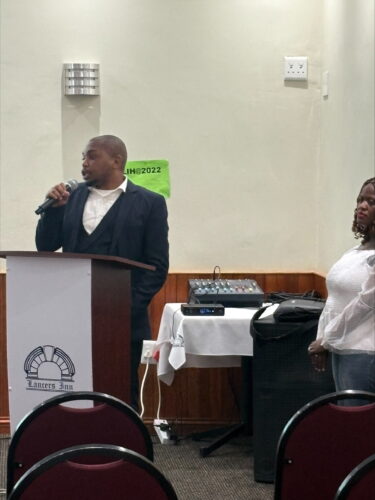
Among the most innovative developments taken thus far is the provision in the Disability Equity Act empowering Lesotho’s Chief Justice to issue court rules regulating the provision of accommodation and support for persons with disabilities in accessing justice. This pioneering move, coupled with the initiative taken by Chief Justice Sakoane Sakoane, led to the adoption of the Disability Equity (Procedure) Rules in 2023. The Rules require courts to:
- undertake individualized accommodation and support assessments to determine the needs of persons with disabilities;
- proactively identify and remove barriers to access to justice for persons with disabilities; and
- provide support persons, including justice intermediaries and sign language interpreters, and assistive technologies to enhance communication between justice actors and persons with disabilities.
The report presents a set of recommendations directed at various arms of the Lesotho government in respect of how to ensure compliance with its international obligations in respect of access to justice for persons with disabilities. Among its key recommendations are the following:
- The legislature should amend the Disability Equity Act of 2021 to explicitly recognize the right of persons with disabilities to legal capacity and undertake a review of all laws to ensure they are compliant with the obligation to ensure right to legal capacity of persons with disabilities.
- Parliament and responsible executive authorities should take steps to ensure the adequate resourcing – in respect of both human and financial resources – of the judiciary to implement the Procedure Rules.
- Judges should interpret and apply Section 32 of the Disability Equity Act of 2021 Act and the Rules in line with the CRPD and ADP, ensuring that persons with disabilities are able to exercise their right to access justice on an equal basis with others.
- The judiciary, led by the Chief Justice, should also take steps to ensure to appropriate training of all justice actors on the disability rights and the requirements of the Procedure Rules.
Download
Full Report available here.
Executive Summary available here.
Contact
Lerato Khutlang, Associate Legal Advisor, ICJ Africa Regional Programme, lerato.khutlang@icj.org
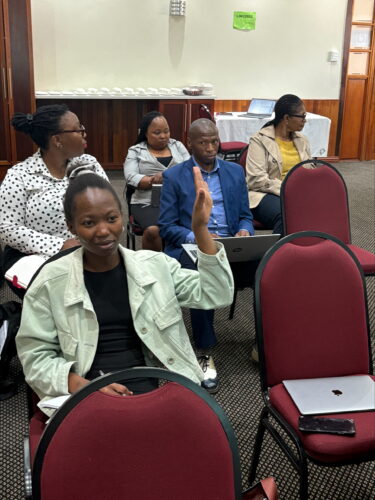 Background
Background
For decades, persons with disabilities in Lesotho faced systemic exclusion from justice. The Constitution did not explicitly guarantee access to justice for persons with disabilities, nor list disability as a prohibited ground of discrimination. The Constitution, as well as laws such as the Penal Code, the Criminal Procedure and Evidence Act, and the Sexual Offences Act, have provisions that restrict the legal capacity of persons with disabilities. In addition to its constitutional provisions safeguarding the rights of persons with disabilities, Lesotho has acceded to the UN Convention on the Rights of Persons with Disabilities (CRPD) and has signed the African Disability Protocol, creating binding international obligations to align its laws with international human rights standards.
The CRPD establishes that State Parties are required to abolish laws, regulations, and practices that discriminate against persons with disabilities (Article 4), to take measures supporting the exercise of legal capacity on an equal basis with others (Article 12) and to ensure that persons with disabilities have equal and effective access to justice. This includes providing appropriate accommodations and training for justice system personnel to support full participation in all legal proceedings, including at early investigative stages (Article 13).
Reflecting these obligations, Section 32 of Lesotho’s Disability Equity Act of 2021 assigns responsibilities such as: requiring the Chief Justice to establish rules for access to justice; mandating accessible detention facilities for individuals denied bail; affirming the competence and compellability of persons with disabilities to testify; and obligating the provision of assistance for effective participation in all stages of the justice process.
